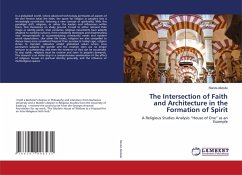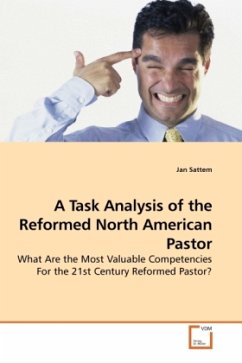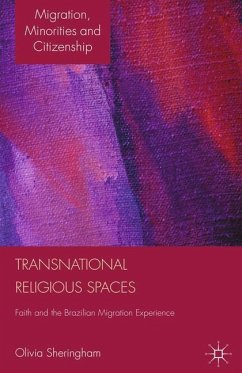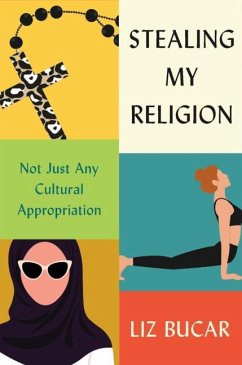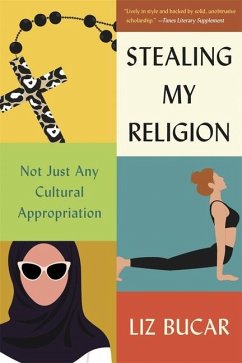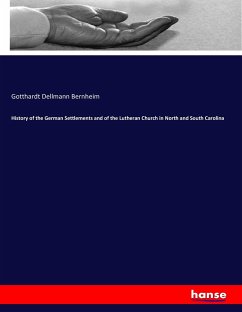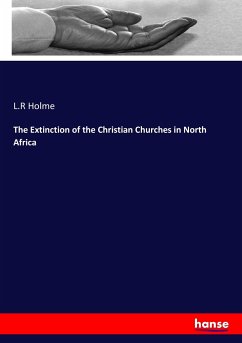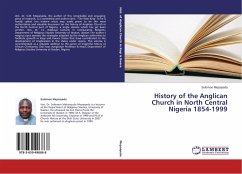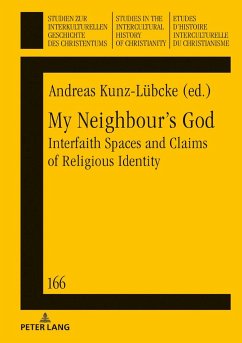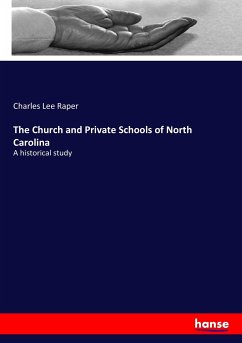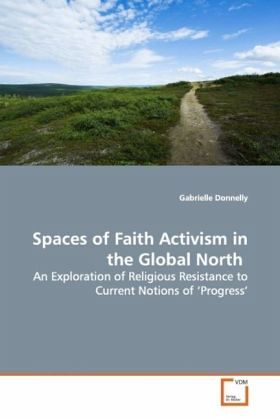
Spaces of Faith Activism in the Global North
An Exploration of Religious Resistance to Current Notions of Progress
Versandkostenfrei!
Versandfertig in 6-10 Tagen
32,99 €
inkl. MwSt.

PAYBACK Punkte
16 °P sammeln!
Drawing on theories of critical postmodernism andsocial constructionism, this books aims to unpack theincomplete meta-narratives of religionthat are prevalent today even within the post-modernturn. By examining meanings whichunderpin discourses of religion and modernity,community, faith and resistance, a diverse map isdrawn which alludes to the complexity of religiousexpression in the contemporary world that ispresently unacknowledged. As the terrain andunderstanding of religion changes through dominantnarratives of secularization and fundamentalism,religious and faith spaces are also respondi...
Drawing on theories of critical postmodernism and
social constructionism, this books aims to unpack the
incomplete meta-narratives of religion
that are prevalent today even within the post-modern
turn. By examining meanings which
underpin discourses of religion and modernity,
community, faith and resistance, a diverse map is
drawn which alludes to the complexity of religious
expression in the contemporary world that is
presently unacknowledged. As the terrain and
understanding of religion changes through dominant
narratives of secularization and fundamentalism,
religious and faith spaces are also responding and
constructing identities accordingly. This book argues
that faith communities can offer an environment that
allows for people of faith, as their identities shift
with local and global challenges (both perceived and
real), to find meaning in their experiences and
collectively engage in resisting dominant cultural
narratives. As individuals increasingly perceive
their world as volatile, faith communities can
provide needed spaces in which individuals and
communities navigate their identities as activists,
people of faith,and global citizens.
social constructionism, this books aims to unpack the
incomplete meta-narratives of religion
that are prevalent today even within the post-modern
turn. By examining meanings which
underpin discourses of religion and modernity,
community, faith and resistance, a diverse map is
drawn which alludes to the complexity of religious
expression in the contemporary world that is
presently unacknowledged. As the terrain and
understanding of religion changes through dominant
narratives of secularization and fundamentalism,
religious and faith spaces are also responding and
constructing identities accordingly. This book argues
that faith communities can offer an environment that
allows for people of faith, as their identities shift
with local and global challenges (both perceived and
real), to find meaning in their experiences and
collectively engage in resisting dominant cultural
narratives. As individuals increasingly perceive
their world as volatile, faith communities can
provide needed spaces in which individuals and
communities navigate their identities as activists,
people of faith,and global citizens.



